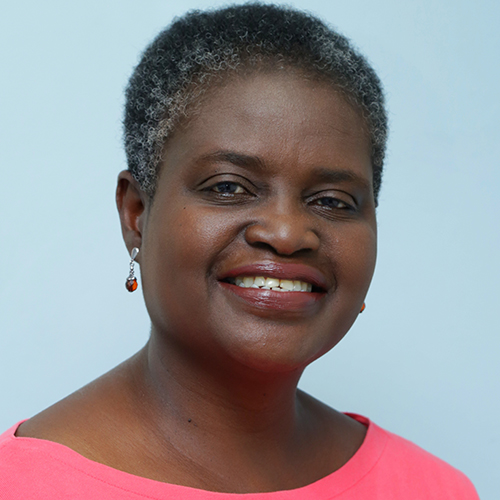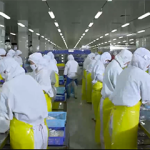OceanMind assists Costa Rica in investigating illegal fishing using machine learning
Costa Rica recently concluded the first complete evaluation of vessel activities in its waters, as part of efforts to combat illegal fishing.
The effort gathered information on more than 5,000 vessels, according to OceanMind, a nonprofit that provides monitoring, control and surveillance support, capacity building and intelligence to governments, fisheries authorities, and seafood supply chains globally.
With the aid of sophisticated technology, OceanMind analysts completed the 18-month evaluation using machine learning to do in-depth computer analysis of information on vessel behaviour, drawn from extensive satellite and international fisheries data sources.
“This provides expert fisheries analysts with a secure, quick and highly effective success rate of identifying both compliant and potentially illegal fishing behaviour,” OceanMind said.
More than 100 potentially illegal and irregular activities were detected, according to OceanMind Communications Manager Elaine Sharp. While findings can only be classified as potential or possible illegal activity until fully investigated by the authorities, Sharp told SeafoodSource the findings nevertheless provide Costa Rica’s National Coast Guard Service “with a baseline of frequency and type of potentially illegal activities within Costa Rica’s exclusive economic zone.”
The information “complements the Coast Guard’s databases and will support planning and implementation of surveillance activities using patrol boats recently purchased by the government,” Sharp said.
“The study represents an instrument of vital importance to assist the Coast Guard to monitor and safeguard Costa Rican waters, as well as to guarantee the sustainable use of its resources,” National Coast Guard Service Director Martin Arias said. “The results will provide us with the necessary inputs to design monitoring, control and surveillance strategies and to improve our knowledge regarding the activities that are taking place in our exclusive economic zone.”
Bradley Soule, chief fisheries analyst from OceanMind, a part of the Satellite Applications Catapult, said OceanMind’s monitoring and assessment capabilities are making a difference in the fight against illegal, unreported, and unregulated (IUU) fishing.
“Satellite and machine learning technology is really paving the way for monitoring the oceans but it requires fisheries knowledge and expertise to be interpreted and analysed correctly,” Soule said. “It is a useful and supportive tool for fisheries analysts in providing the real-time monitoring, detailed insight and intelligence needed to help with local and international enforcement.”






Share